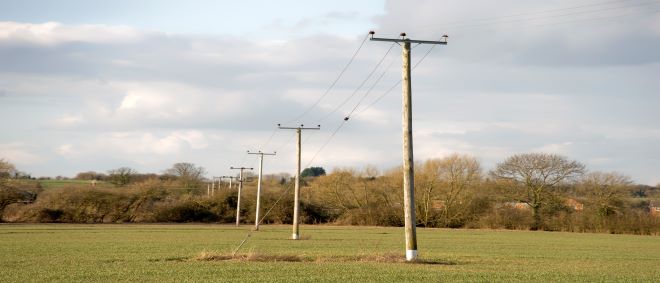As the battle for the future of the Affordable Connectivity Program (ACP) continues on Capitol Hill, and the FCC prepares for the looming shutdown of the program, providers should be aware that the FCC’s Enforcement Bureau (“Enforcement Bureau”) continues to investigate—and issue forfeitures—related to noncompliance with program rules, particularly around subscriber onboarding and usage of the ACP benefit by consumers.Continue Reading Enforcement Advisory: The FCC’s Enforcement Bureau Continues to Closely Review Provider Compliance with Affordable Connective Program Rules










